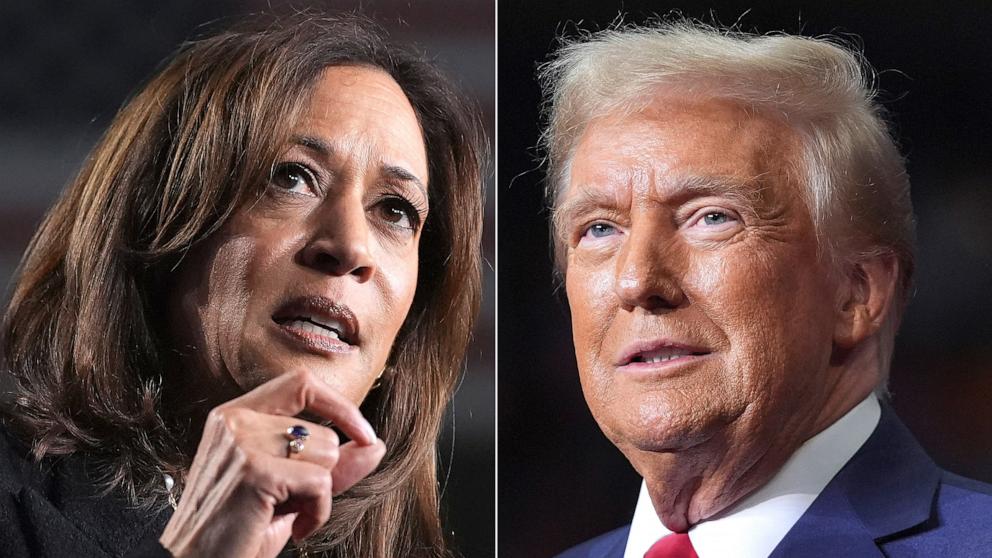
In the high-stakes presidential match-up between Vice President Kamala Harris and former President Donald Trump, results have been projected in several of the key swing states, and Trump looks to be on track for a second presidency.
Beyond the presidential race, also voters hit the polls around the country Tuesday and cast ballots to decide who controls not only the White House, but also Congress, state and local governments.
Reporters from 538 and ABC News are following along every step of the way with live updates, analysis and commentary on the results. Keep up to date with our full live blog below.

